Photographer Joel Sartore has a goal: to create portraits of the world’s captive species before they’re gone forever. His project, which may give us a final glimpse at some of nature’s most incredible species, came about completely by accident. As a nature photographer, he was used to traveling the world, but when his wife fell ill, he stayed by her side. To pass the time, he would visit the local zoo and photograph the animals in captivity. Soon, his hobby became a full-time obsession.
“Some animal species, the last of their kind that the world will ever see, are in zoos right now, and when they grow old and die, that’ll be it,” Sartore says. “It really is a race to try and get to these guys in time. The most difficult thing is that they’re very far-flung, there are a ton of species to gather, and each shoot is different, each one requires a little bit of finesse.” Sartori’s work led to the creation of the National Geographic Photo Ark, a project that aims to catalog 12,000 species. As of today, the Ark has captured 5,400 species and, most important, Sartori’s wife has made a full recovery.
(H/T National Geographic)













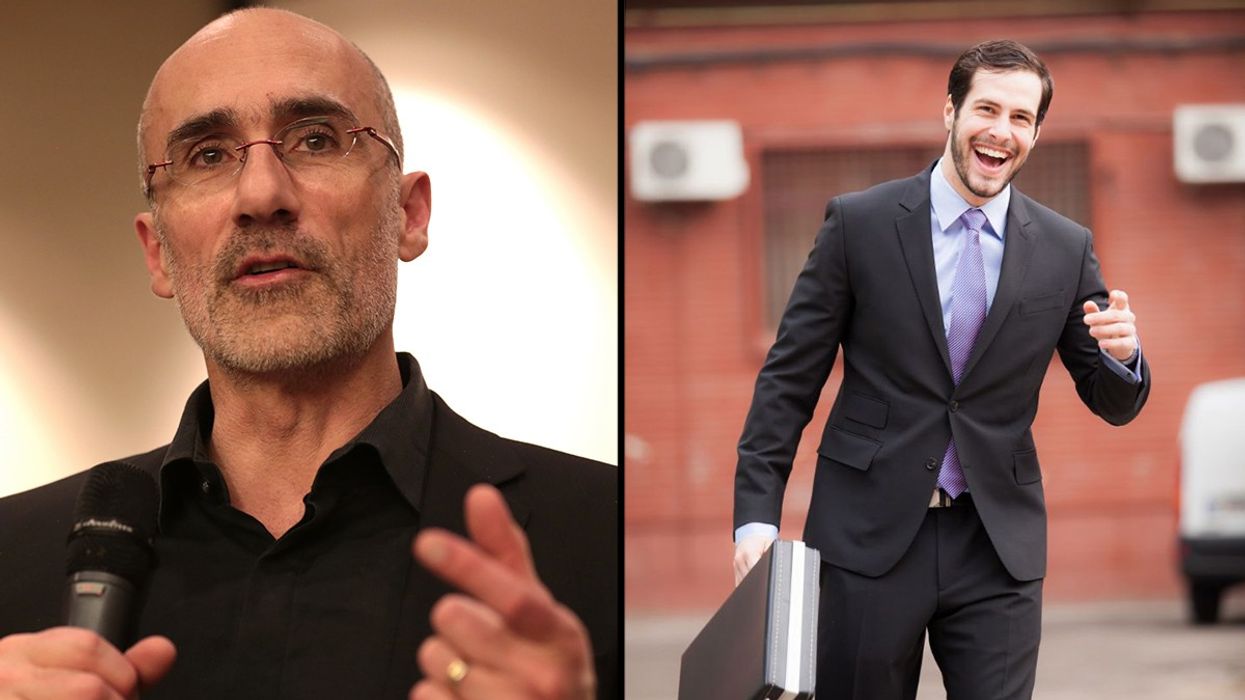


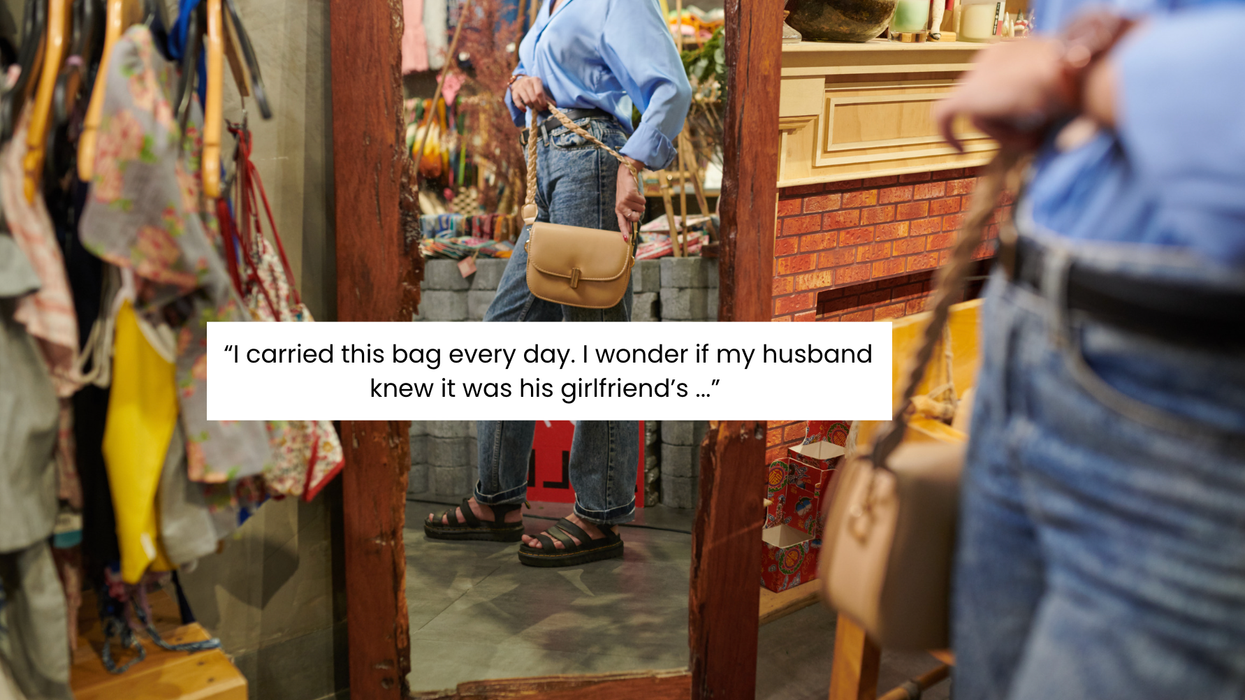
 Two women shop at clothing storeCanva
Two women shop at clothing storeCanva

 "I'm watching you..."
"I'm watching you..."  Reddit |
Reddit | 
 A woman conducts a online color testCanva
A woman conducts a online color testCanva A selection of color swatchesCanva
A selection of color swatchesCanva A young boy takes a color examCanva
A young boy takes a color examCanva 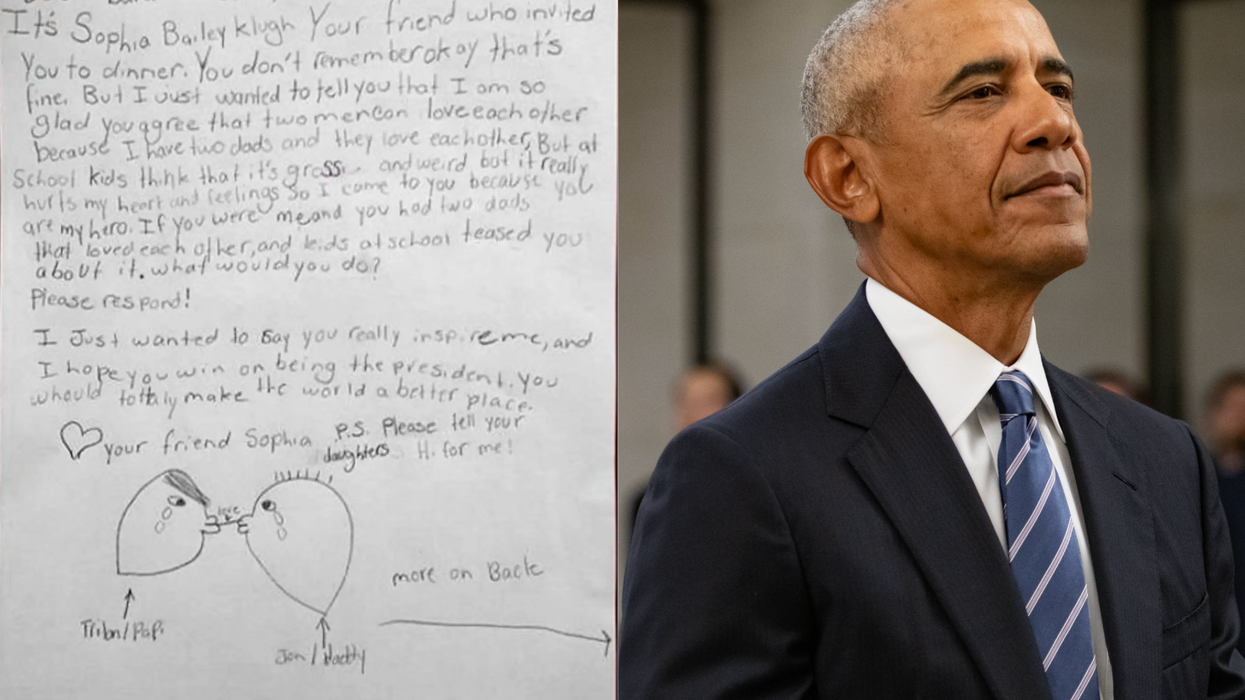
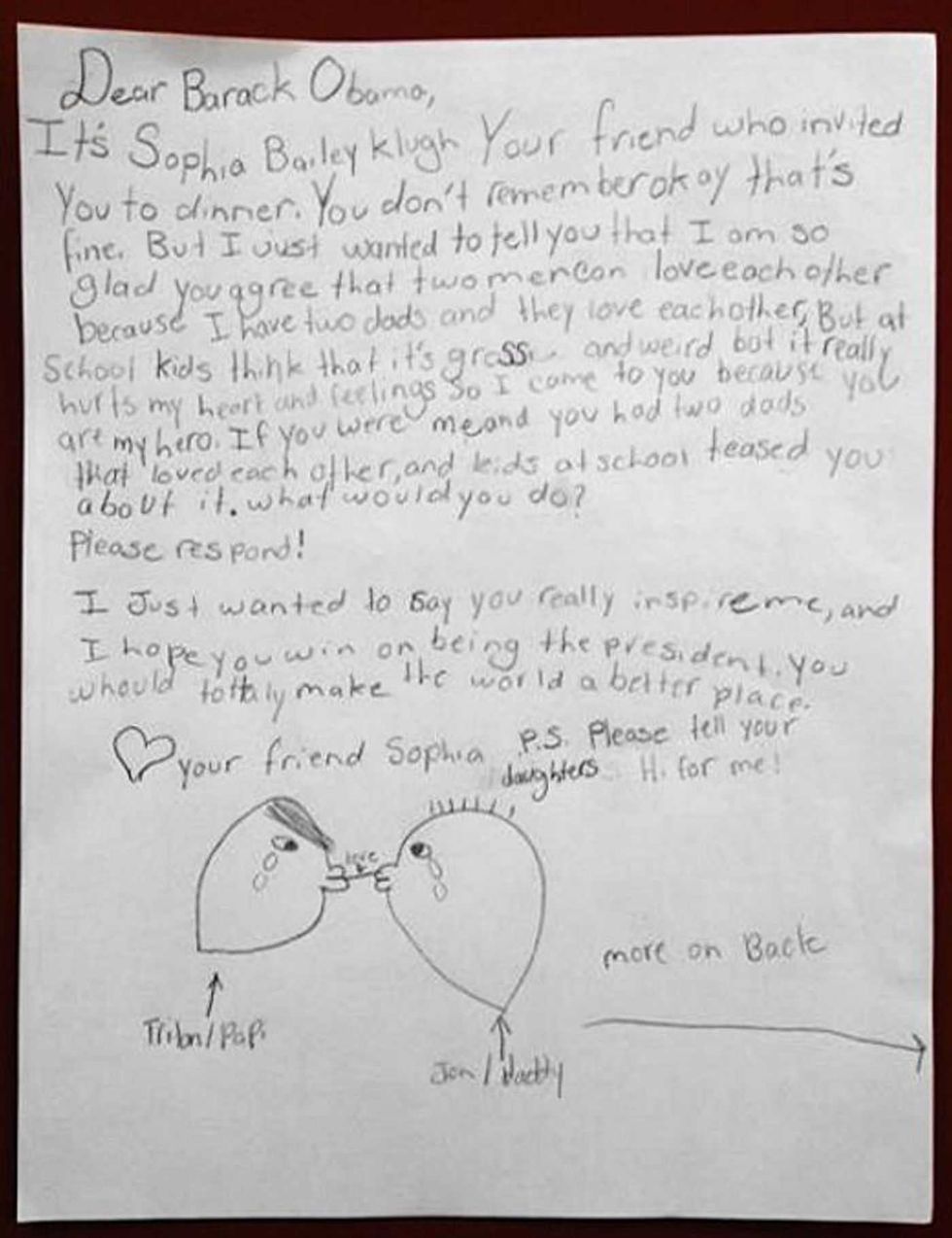 Copy of Sophia's letter to President Obama
Copy of Sophia's letter to President Obama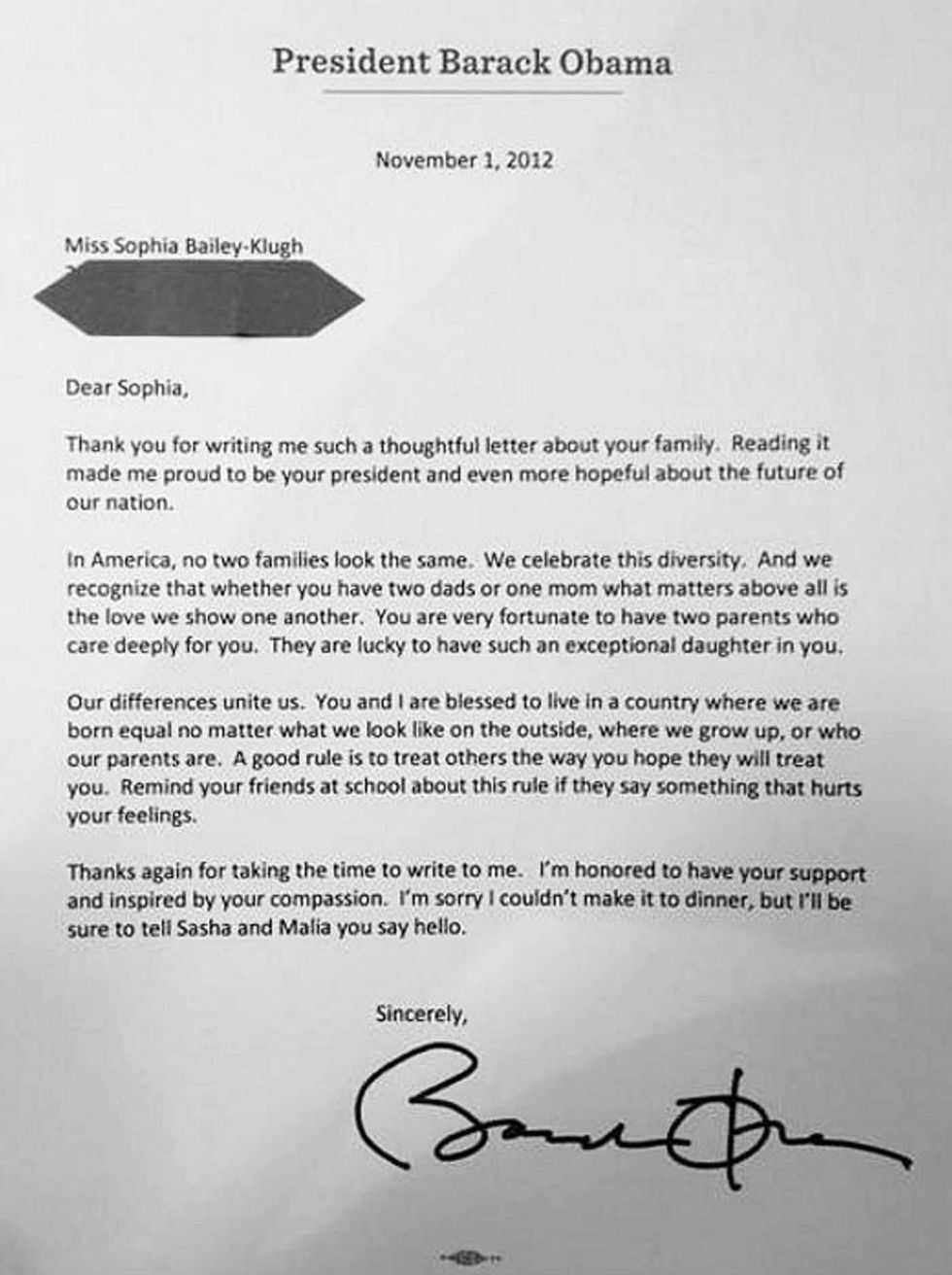 Barack Obama's letter to Sophia
Barack Obama's letter to Sophia Gif of Obama saying "The torch has been passed" via
Gif of Obama saying "The torch has been passed" via 
 A mom is very angry with her sonCanva
A mom is very angry with her sonCanva Gif of two women high-fiving via
Gif of two women high-fiving via 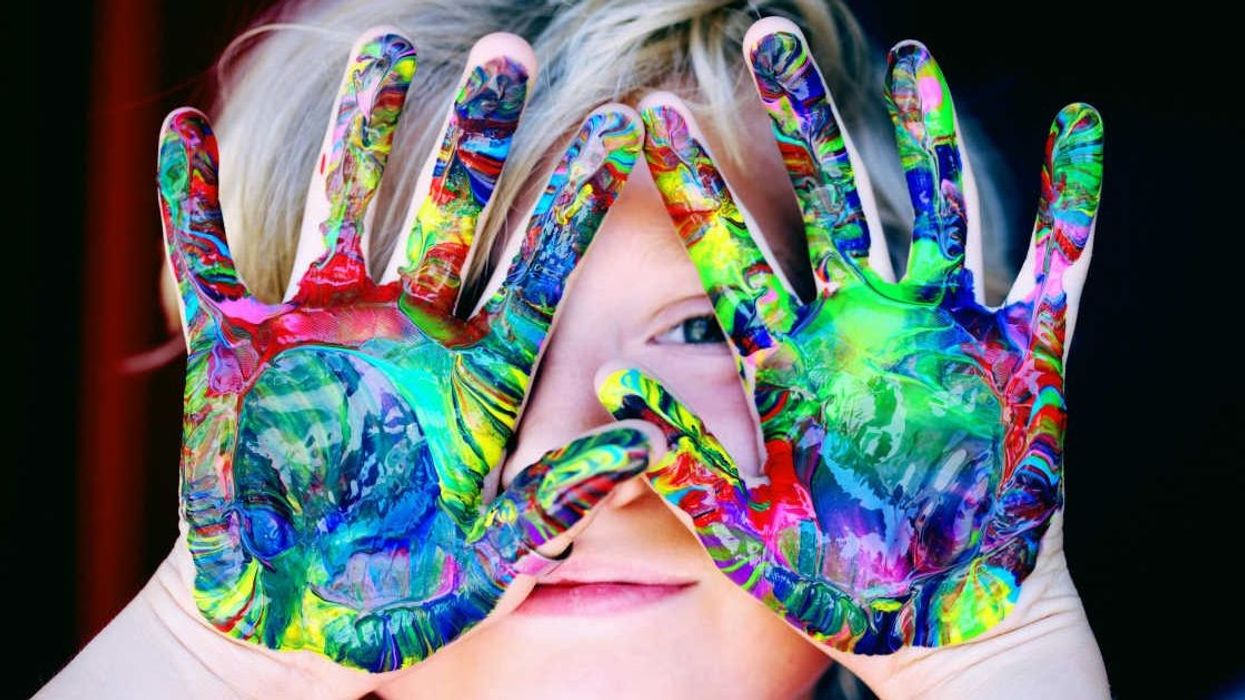
 Representative Image: Accents reveal heritage and history.
Representative Image: Accents reveal heritage and history.  Representative Image: Even unseen you can learn a lot from an accent.
Representative Image: Even unseen you can learn a lot from an accent.